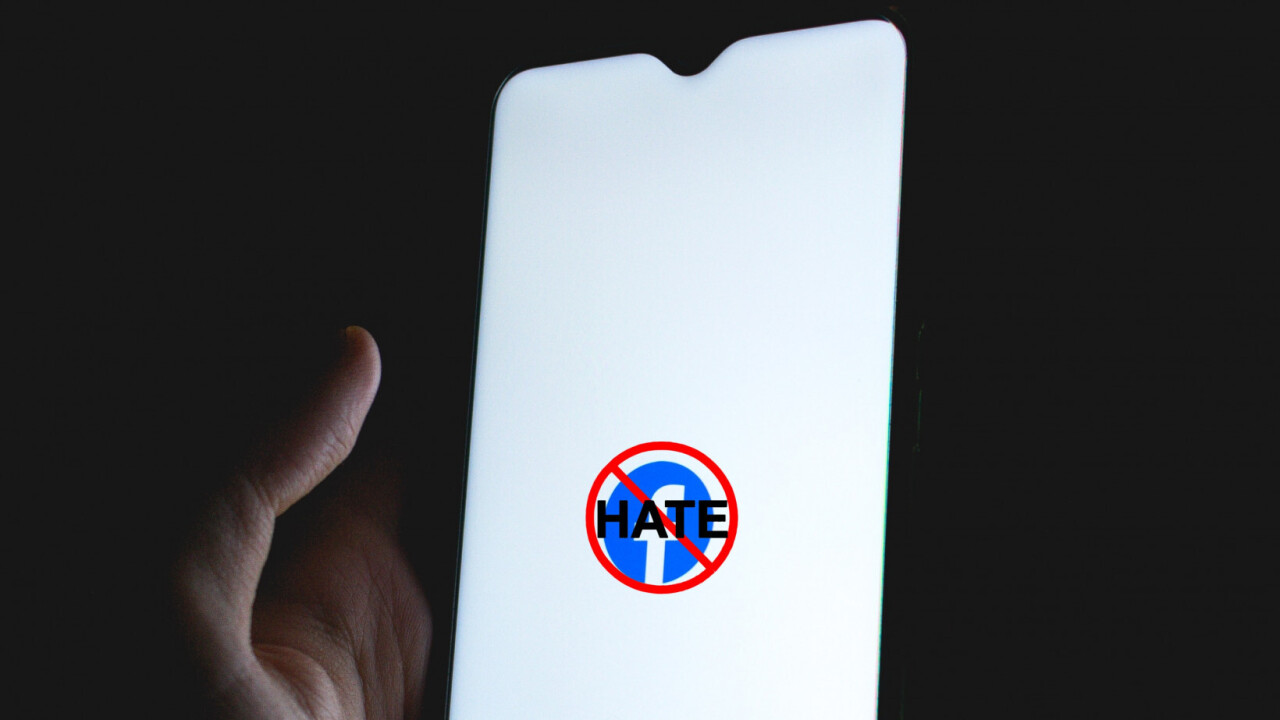Mark Zuckerberg might be looking out for a shiny future in the metaverse, but the company’s past mistakes continue to haunt him.
Amidst the ongoing Rohingya genocide in Myanmar, a number of refugees from the community currently based in the US and UK have sued Meta to the tune of $150 billion, for failing to clamp down on hate speech against the minority group.
Before we look at the allegations against the company, a quick recap of what happened.
Background
In 2017, the Burmese military forces began a ‘clearance operation’ to drive out more than half a million Rohingya Muslims from the country. The forces used intimidation techniques including injuring and killing people from the community. According to a report by the Guardian, more than 25,000 Rohingyas were killed, and more than 700,000 of them had fled to Bangladesh by 2018.
What was Facebook’s role in it?
Facebook has been one of the major drivers of the internet in the county. After first launching in 2011, by 2020 it had 22.3 million users in Myanmar — almost 40% of the population. That means a huge chunk of the population got their news and other information through the platform.

The prime allegation against the tech giant is that it failed to put any measure to control hate speech on the platform, which incited violence against the Rohingyas.
In 2018, investigators from the UN said that the social network played a “determining role” in the genocide. Marzuki Darusman, chairman of the UN Independent International Fact-Finding Mission on Myanmar, said at that time Facebook wholly represented the very idea of social media in the country:
It has … substantively contributed to the level of acrimony and dissension and conflict, if you will, within the public. Hate speech is certainly of course a part of that. As far as the Myanmar situation is concerned, social media is Facebook, and Facebook is social media.
The same year, a report prepared by the digital researcher and analyst Raymond Serrato indicated that interactions in an anti-Rohingya group with more than 55,000 members rose by 200% after the attacks.
Facebook also admitted that the platform was used to incite violence in the country, and it should do more.
A report by Reuters published in August 2018 suggested that despite Zuckerberg’s promises to hire Burmese moderators earlier that year, hate speech against Rohingya Muslims was prevalent on the platform.
The same month, and in February 2019, Facebook banned accounts and pages associated with military groups, but several reports suggested that these bans weren’t effective.
What does the lawsuit say?
The class-action lawsuit filed by Edelson PC and Fields PLLC primarily accuse Facebook of product liability and negligence over hate speech against Rohingya Muslims.
The document describes Facebook as “an amoral actor on the world stage, with the sole objective of growth, regardless of how it impacts its users or the world more generally.”
It also accuses the company of not warning the Burmese users of misinformation and of not taking any steps to stop its “vicious spread.”
What’s more, the lawyers have quoted whistleblower Frances Haugen, who recently said that incidents in Myanmar and Ethiopia are just the “opening chapters of the story no one wants to read.”
You can read the full document of the lawsuit here.
Will the case succeed?
The case is definitely tricky one, as section 230 of the US law protects social networks to be liable for content users post on their platforms. However, lawyers noted that to get around that, plaintiffs are trying to apply Burmese law on the company.
Today #Rohingya refugees filed a class action lawsuit in California against Facebook (@Meta) for $150 billion in damages alleging product liability & negligence claims. Plaintiffs are trying to apply Burmese law to bypass CDA § 230.
Complaint ? https://t.co/tU4sM6RvBb pic.twitter.com/JPFm60zKyK
— natasha arnpriester (@NatashaArnpr) December 6, 2021
As per the court document, the Asian country’s law doesn’t absolve platform companies of wrongdoing, even if the content is uploaded by users:
Burmese law does not immunize social media companies for their role in inciting violence and contributing to genocide.
Anupam Chander, a professor at Georgetown University Law Center, told Reuters that invoking foreign law isn’t uncommon, but the tactic might not be successful.
Prasanth Sugathan, the legal director of SFLC.in, a digital literacy group based out of India, said the location of the server holding the data of Burmese users will come in to contention during this case:
There is a private international law principle that says that the penal law of another state cannot be enforced in the country where the case is brought.
Public International Law- law of servers- for determining the law that will be applicable it will be seen where the server which holds the content is located- in this case, this is US- which means section 230 will apply. But the application of this principle in a dispute between private parties is in itself doubtful.
So it looks like it might be a tough road for the plaintiffs to win the case, as the US laws are on Meta’s side. So despite enough proof about the company’s impact on offline violence in the country, no action might be taken against it.
Get the TNW newsletter
Get the most important tech news in your inbox each week.






